 Anti-Vietnam War prostestors link arms as they march outside the 1968 Democratic National Convention, Chicago, Illinois, August 1968. (Photo by Pictorial Parade/Getty Images)
Anti-Vietnam War prostestors link arms as they march outside the 1968 Democratic National Convention, Chicago, Illinois, August 1968. (Photo by Pictorial Parade/Getty Images) A growing number of progressive politicians such as Sen. Bernie Sanders (I-Vt.) and Ilhan Omar (D-Minn.) have begun drawing parallels between the Vietnam War and the current conflict in Gaza. These comparisons are designed to convince Joe Biden to side with the student protesters who are causing such upheaval on American college campuses. Progressives want Biden to adopt a more aggressive strategy toward Israel and to denounce the public safety measures that many schools are taking to prevent demonstrations from disrupting commencement ceremonies, final exams and other campus activities.
This would be precisely the wrong lesson for Democrats to draw from the tumult that roiled the nation in 1968. That was the year that the Democratic convention became the scene of civic unrest in which protesters and police brawled in the streets of Chicago and the convention floor itself became the scene of some of the nastiest and most divisive political debate that this country had seen in decades. The convention attracted the most visible of a series of riots that overcame America’s cities that summer, allowing Republicans to frame a law-and-order message that reassured a nervous American electorate and elected Richard Nixon as president. With the exception of Jimmy Carter’s single post-Watergate term in office, the GOP held the White House for the next quarter of a century.
But as the Democrats prepare to return to Chicago for this summer’s convention, it will be almost impossible for many progressive activists and other opponents of the Gaza war to resist the temptation to exaggerate the similarities between two embattled presidents navigating two exceedingly volatile political landscapes. But while both crises feature a centrist president being targeted by an aggressive anti-war movement, the differences between Gaza and Vietnam are immense.
The most obvious is that American troops are not fighting in the Middle East and there is no longer compulsory military service in this country. Consequently, the number of students involved in the campus demonstrations is much smaller than in that era and public opinion polls show that while young voters are the strongest opponents to Biden’s approach to the war, the issue ranks extremely low on the list of that generation’s voting concerns.
But there is a much more important distinction between 1968 and 2024. The Vietnam protests were directed primarily against the U.S. government and military, then later against those who tried to stop the demonstrations. The anger and vitriol were directed at politicians, generals, and academic leaders. There was no effort to target the miniscule number of Americans of Southeast Asian descent or the larger community of Asian Americans who lived here at that time.
Jews in this country, who have faced skyrocketing levels of harassment, intimidation and violence in the months since Oct. 7, have not been nearly as fortunate. Long before the Hamas attacks last fall, Jewish Americans have occupied an outsized place in the national dialogue. Despite tremendous professional, academic and cultural achievements, aspects of that conversation have consistently portrayed Jews with a belligerence and animosity which erupted last year as many of the anti-war protests quickly turned antisemitic. Since then, the invective continues to worsen. Incidents of violence against Jewish students are also becoming more frequent.
The balance between safeguarding freedom of speech and protecting those who are targeted by the angriest and ugliest of that speech must therefore be viewed through a different lens that it has been in demonstrations against past U.S. military involvement in Vietnam, Iraq and elsewhere. Political leaders and university presidents are chastised because of their professions and their decisions. Jews are vilified for our very existence. Politicians and college administrators are provided with platforms from which to speak and protection to ensure their safety. With rare exceptions, Jews have neither.
Some may choose to remember the movement against the Vietnam War with pride. By contrast, none but the worst of the antisemites among us should remember the current insurrection with anything but shame.
Free speech is a critical component of our democracy, until it leads to harm against other citizens. That’s the biggest difference between protests against the two wars. Some may choose to remember the movement against the Vietnam War with pride. By contrast, none but the worst of the antisemites among us should remember the current insurrection with anything but shame.
Dan Schnur is the U.S. Politics Editor for the Jewish Journal. He teaches courses in politics, communications, and leadership at UC Berkeley, USC and Pepperdine. He hosts the monthly webinar “The Dan Schnur Political Report” for the Los Angeles World Affairs Council & Town Hall. Follow Dan’s work at www.danschnurpolitics.com.







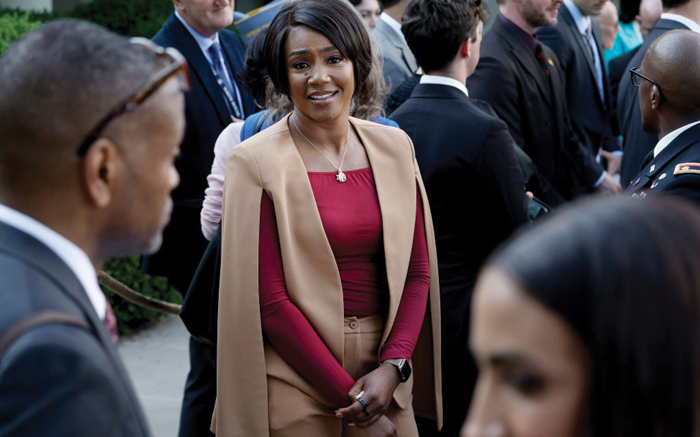
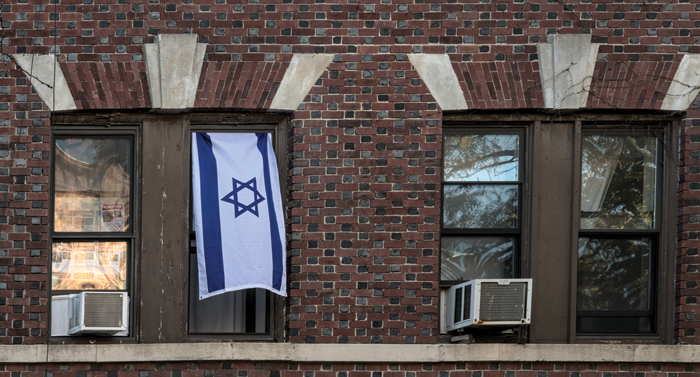


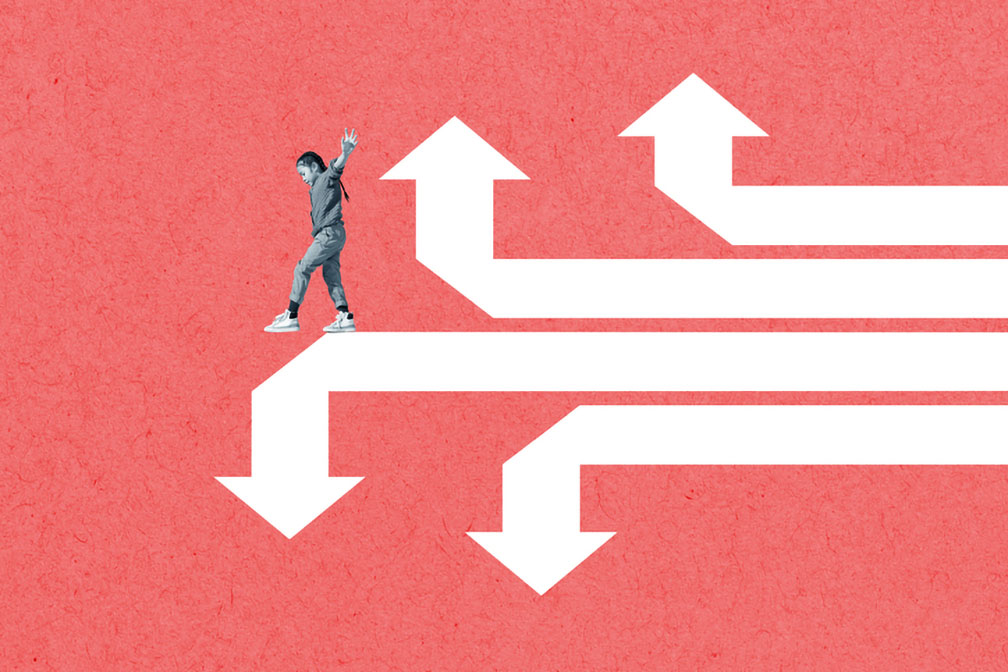



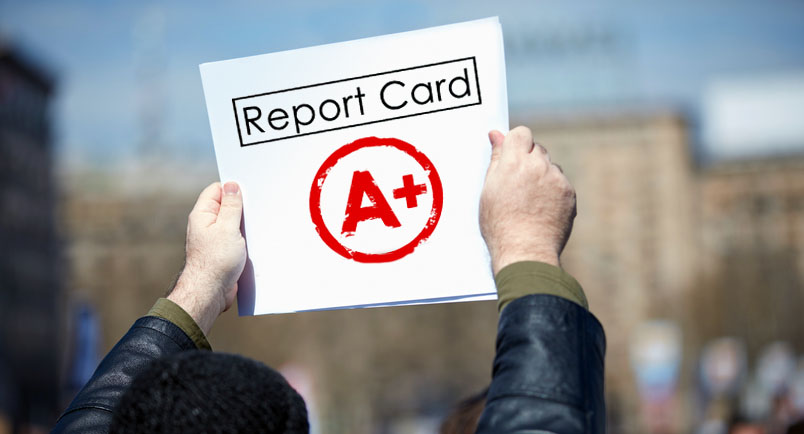
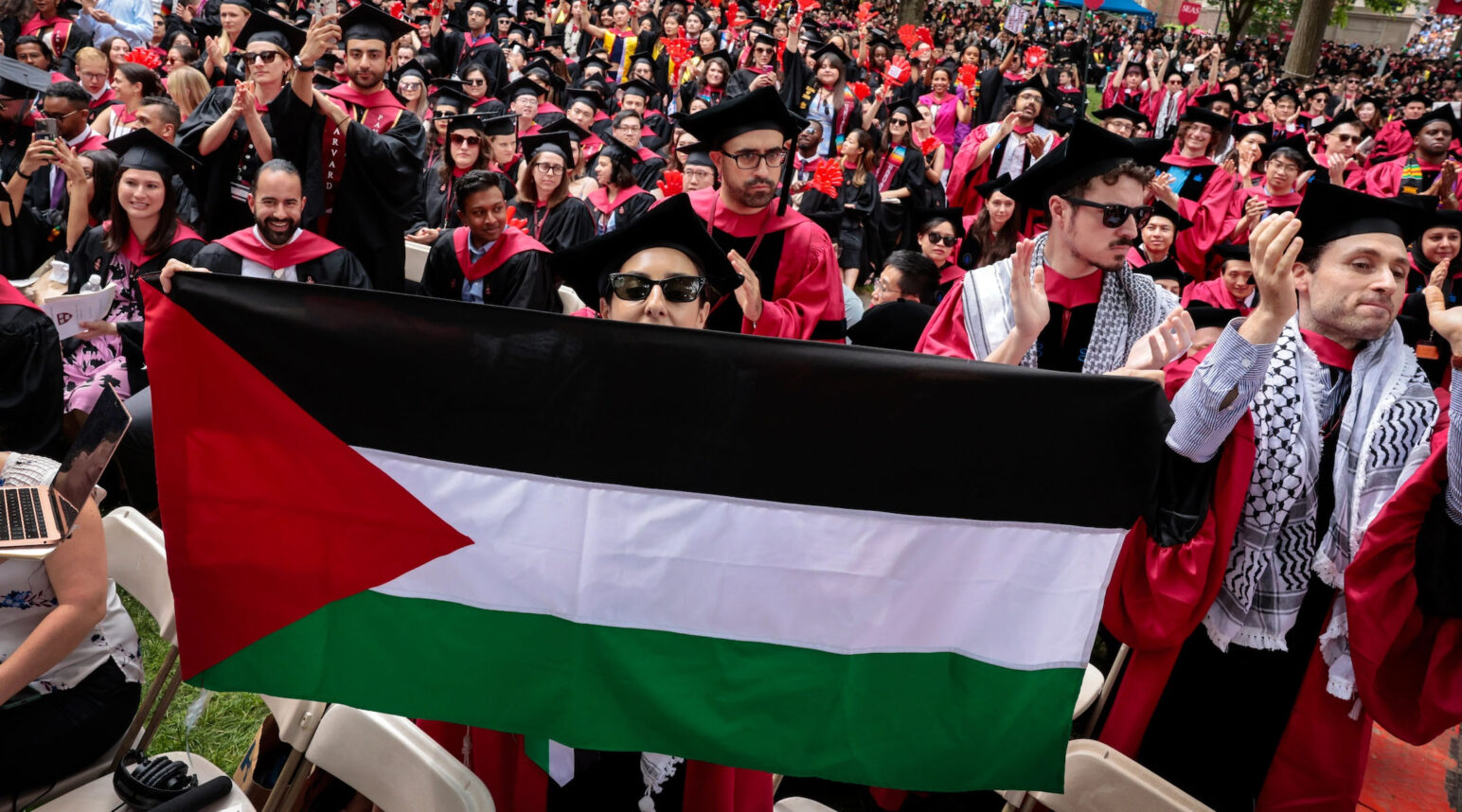
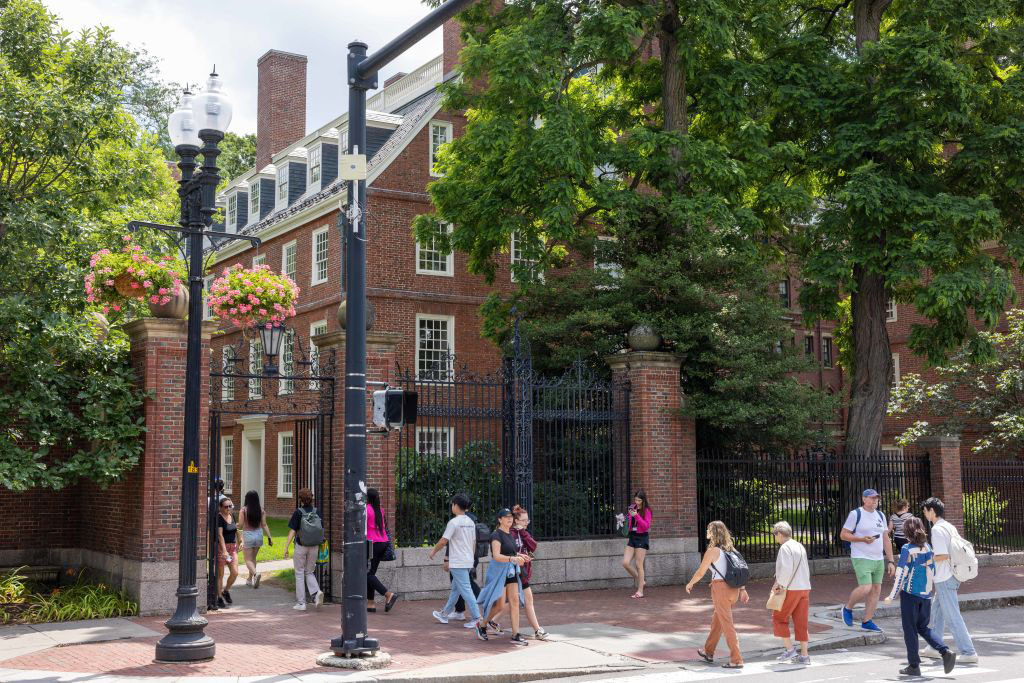





 More news and opinions than at a Shabbat dinner, right in your inbox.
More news and opinions than at a Shabbat dinner, right in your inbox.